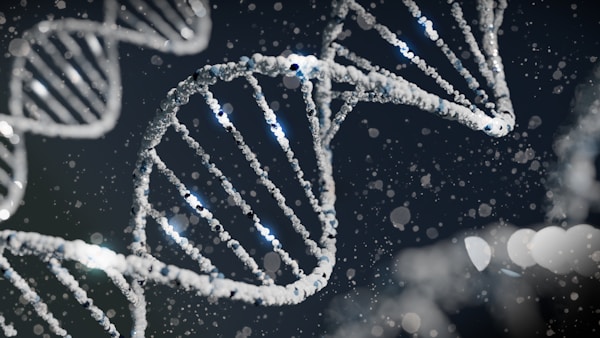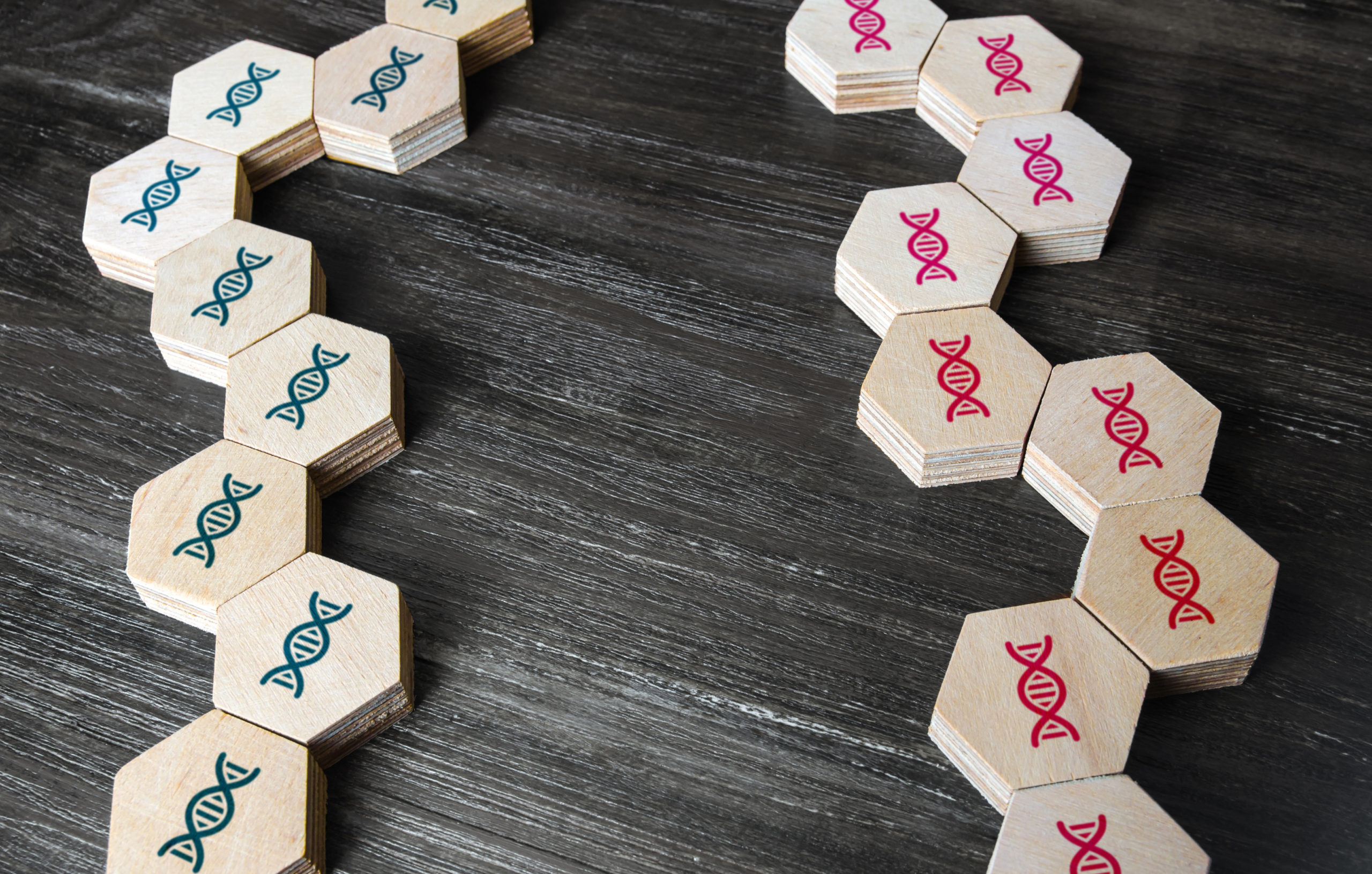The saying goes that “home is where the heart is,” and for many people, this is true. Our home is the place where we feel safe and comfortable, and it’s where we return to after long days or trips away. For some people, relocating to a new home can be a daunting prospect. They may feel like they’re leaving everything they know and love behind from the time their carefully chosen Berkeley movers arrive. There is no one-size-fits-all answer to how genetics play into adjusting to changes like this, as everyone’s DNA is unique. However, scientists have identified certain genes that may be associated with how well people adapt to change.
Genetic Traits

One of the genes that has been linked to adaptation is the BDNF gene. This gene helps control the production of a brain chemical called brain-derived neurotrophic factor (BDNF), which is important for learning and memory. Studies have shown that people who have a variation of the BDNF gene are better able to adapt to change and learn new things.
Another gene that has been linked to adaptation is the CRHR1 gene. This gene helps control the production of a hormone called cortisol, which is involved in stress response. Studies have shown that people who have a variation of the CRHR1 gene are better able to adapt to stress and recover more quickly from stressful events. The researchers say that these genes may help people adjust to change in their lives, such as moving to a new city or country. They may help people feel more comfortable in new environments and make it easier for them to adapt to new surroundings.
Adaptive Personalities
While their gedmatch com traits undoubtedly play a role in how well people adapt to change, it’s important to remember that everyone is different. Some people may find it easy to adapt to a new home, while others may struggle with the transition. It’s important to be patient and give yourself time to adjust to your new surroundings.
Some people are naturally better at adapting to change than others. They take new information in stride, are less bothered by disruptions, and are more flexible when it comes to altering their plans. These “adaptive personalities” tend to be more successful and happier than those who find change difficult.
Becoming More Flexible

But if you find change difficult, don’t worry, you are not alone. But you may want to work on developing some of the traits of an adaptive personality. This will help you be more successful and happier.
Some of the key traits of an adaptive personality include: being open to new experiences, being able to handle stress and adversity, being able to think on your feet, and being able to maintain your composure in difficult situations. If you can develop these traits, you will be better equipped to handle change and be more successful in your life.
One of the best ways to develop these traits is to practice mindfulness. Mindfulness is the practice of being present in the moment and aware of your thoughts and feelings. When you are mindful, you can respond to situations rather than react to them. This can help you stay calm and composed during difficult times.
Another way to become more adaptive is to develop a growth mindset. A growth mindset is the belief that you can improve your skills and abilities through practice and effort. When you have a growth mindset, you are more willing to take on new challenges and learn from your mistakes. This can help you be more flexible and adaptable in your life.
So, if you’re relocating to a new home, be sure to take some time to explore your new surroundings. Get to know your new neighborhood, meet new people, and try out new restaurants and businesses. The more you explore your new home, the easier it will be to feel comfortable and at home in your new surroundings.



